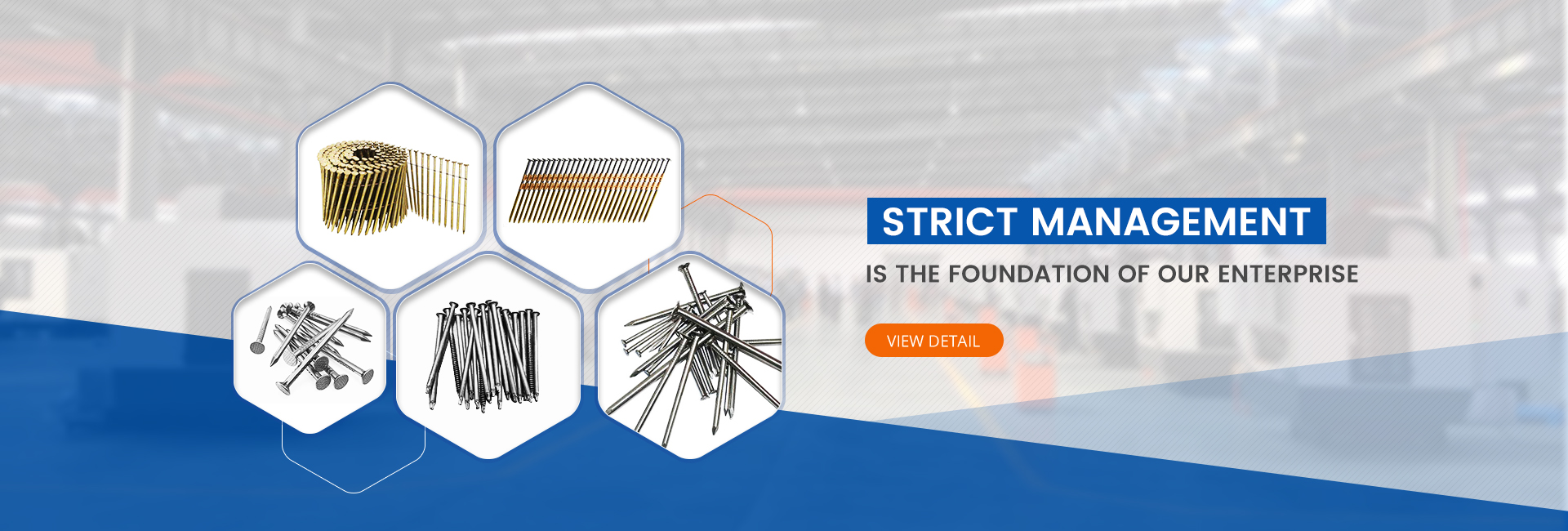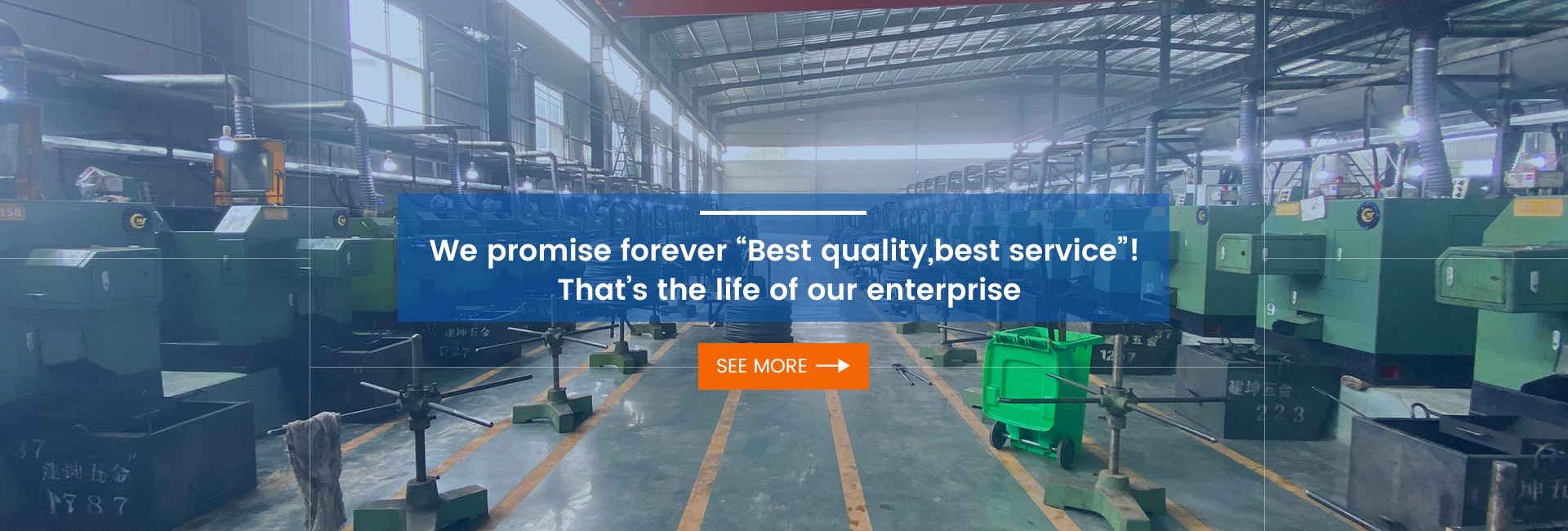Drywall screws are one of the most important fasteners in construction and interior finishing. Although they may look similar at first glance, there are different types of drywall screws, each designed for specific applications. Understanding these variations helps contractors, suppliers, and builders choose the right screw for their projects, ensuring both efficiency and long-term performance.
The first major distinction is between fine-thread drywall screws and coarse-thread drywall screws. Fine-thread screws are commonly used for metal studs, as their sharp, closely spaced threads allow for smooth penetration and strong grip in thin steel frames. They reduce the risk of stripping and ensure a secure connection in lightweight steel construction. On the other hand, coarse-thread screws are designed for wood studs. Their wider threads provide excellent holding power in softwood and help prevent splitting.
Another category is self-drilling drywall screws, also known as self-tapping screws. These screws feature a drill-like tip that eliminates the need for pre-drilling when fastening drywall to metal studs. They save time on site and are particularly valuable in large-scale projects where efficiency is critical.
For projects requiring additional corrosion resistance, such as in humid environments or exterior applications, galvanized or phosphate-coated drywall screws are preferred. Galvanized screws are resistant to rust and are suitable for outdoor use, while black phosphate screws provide a smooth finish that is ideal for interior drywall work. Choosing the right surface treatment ensures the screw can withstand environmental conditions without compromising strength.
There are also bugle head drywall screws, which feature a slightly curved head that allows them to sit flush with the drywall surface. This design prevents tearing of the drywall paper and creates a smooth surface for finishing, making them the most widely used type in drywall installations.
In addition, specialty screws, such as cement board screws or collated drywall screws, are available for specific construction needs. Collated screws are supplied in strips for use with automatic screw guns, significantly speeding up installation in large projects.
By selecting the correct type of drywall screw—whether fine-thread, coarse-thread, self-drilling, coated, or collated—builders can improve fastening performance, reduce installation time, and ensure long-lasting results. The variety of drywall screws available in the market reflects the diverse needs of modern construction and highlights their indispensable role in both residential and commercial projects.
Post time: Aug-27-2025



